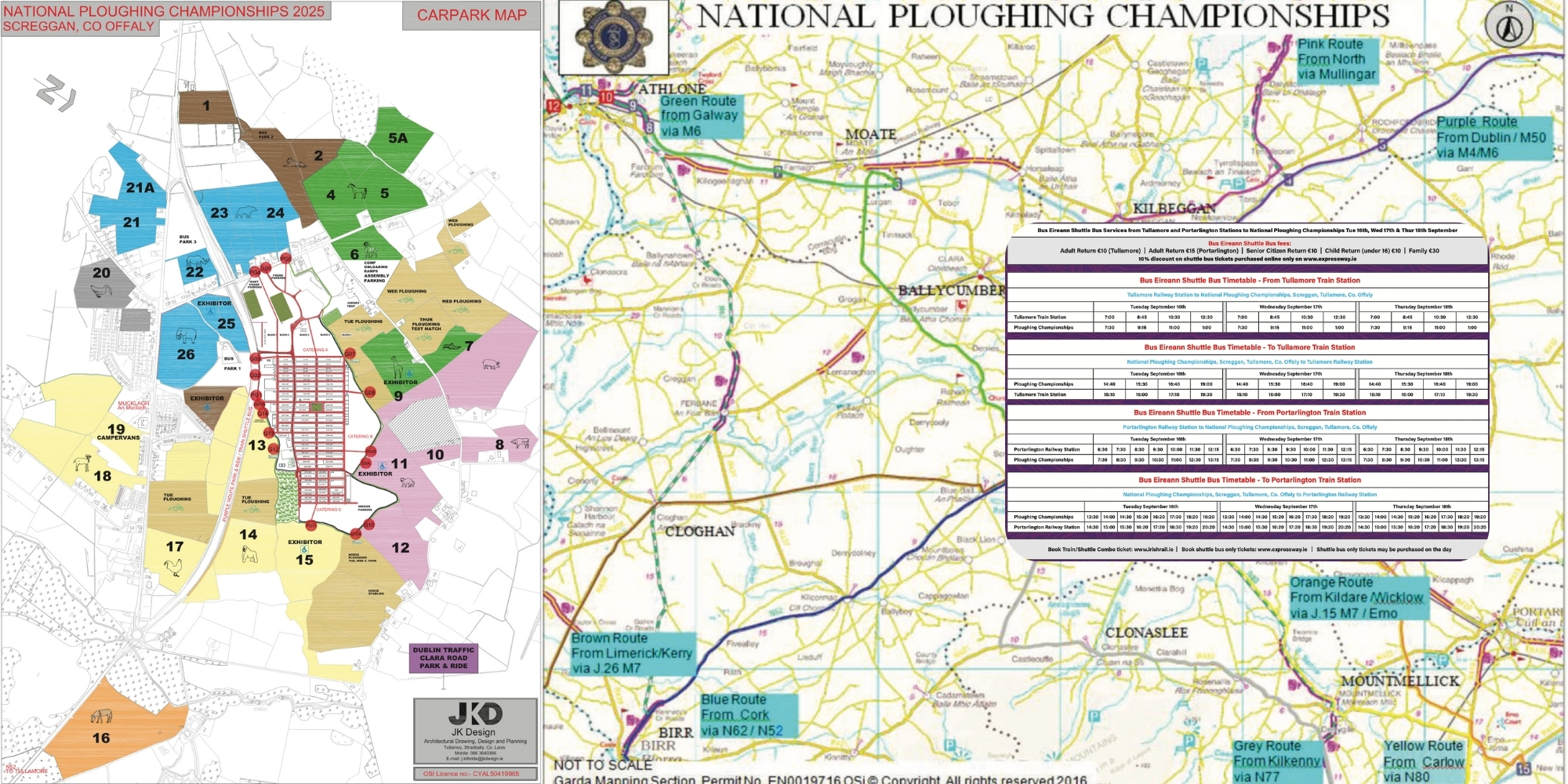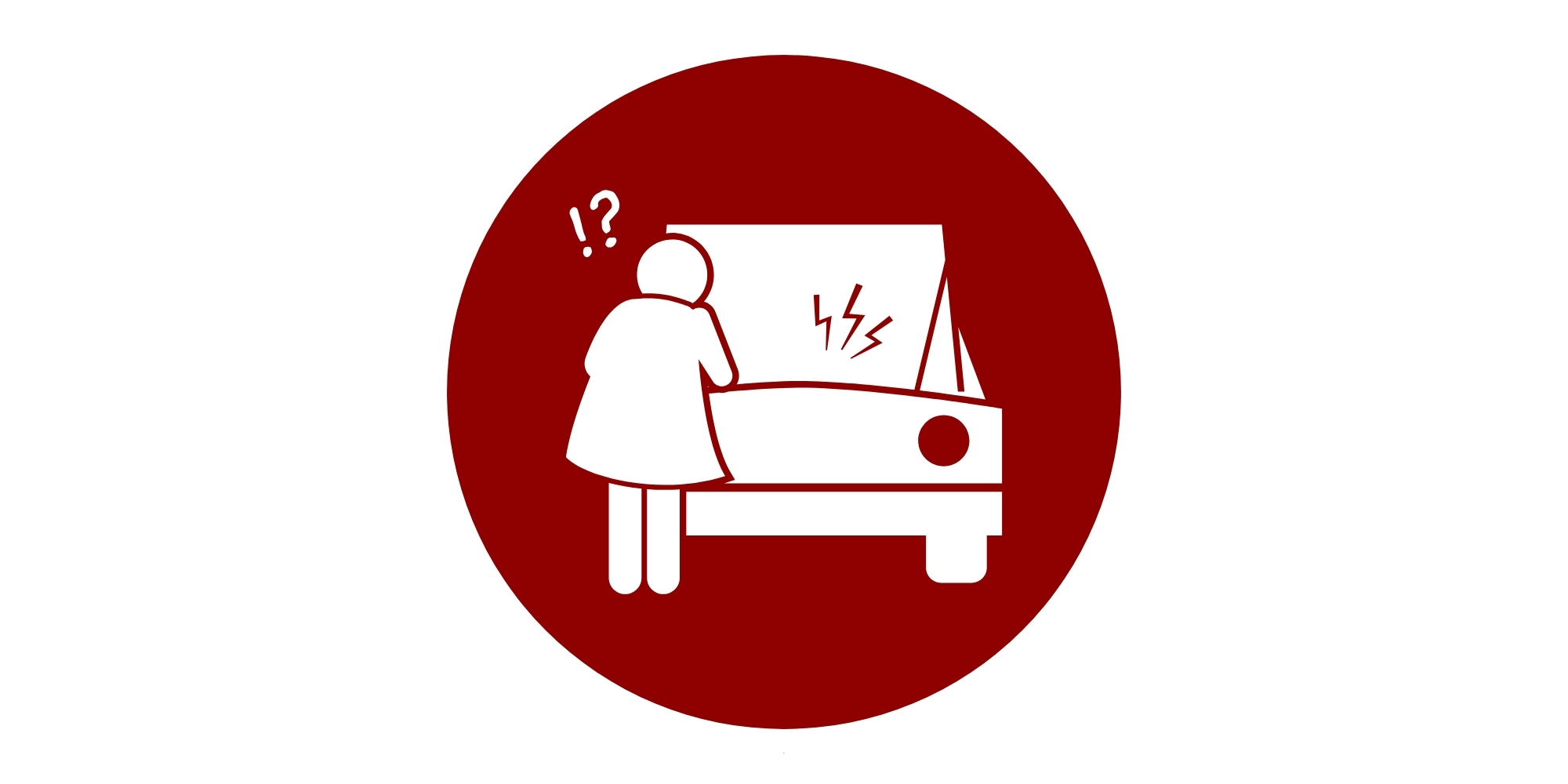HSE Issues Heat Safety Warning as Temperatures Soar Across Ireland
HSE urges public to stay cool, hydrated and check on vulnerable neighbours during hot spell.

Health authorities are urging the public to take precautions as Met Éireann issues a Status Yellow high temperature warning for multiple counties across Ireland over the coming days.
The HSE has released comprehensive guidance to help people stay safe during the hot spell, with particular concern for vulnerable groups including older adults, young children, and those with underlying health conditions.
Dr Ina Kelly, Consultant in Public Health Medicine for Environment and Health, HSE said:
"In times of high temperatures, health issues can occur, including dehydration, heat exhaustion and heat stroke. Unfortunately, we can also see increased risk of death, especially in older people, young children, and vulnerable groups. To protect yourselves and others at risk, it is recommended to keep yourself and your environment cool throughout the day. Keep air flow circulating through buildings wherever possible, keep out of the sun especially during peak temperature hours in the afternoon, and stay hydrated."
Keeping Your Home Cool
The HSE recommends minimising indoor heat by turning off unnecessary heating and appliances, and shading windows between 11am and 3pm. Keep windows closed during the day and open them at night if it's cooler outside, whilst ensuring security. Electric fans can help increase airflow but should be used with caution during extremely high temperatures.
For immediate cooling relief, dampening your skin can help regulate body temperature through evaporative cooling.
Staying Hydrated
Adults should aim to drink approximately 2 litres of water over 24 hours, with increased intake needed during exercise. Children and those with medical conditions may require different amounts.
Key hydration tips include drinking enough so your urine remains a pale, clear colour, and ensuring children under 5 receive adequate fluids throughout the day. Parents can find specific guidance on fluid intake for babies and children on the HSE website.
Supporting Vulnerable People
Carers are advised to help those they support by ensuring regular drinks during mealtimes, making hydration social with activities like sharing a cup of tea, and offering high-water content foods such as ice cream, jellies, or fruits like melon.
Recognising Heat-Related Illness
Heat exhaustion typically isn't serious if cooling occurs within 30 minutes, but can progress to heat stroke, which requires emergency treatment. Warning signs include excessive sweating, weakness, nausea, and headache.
If someone shows signs of heat exhaustion, move them to a cool place, remove unnecessary clothing, provide water or rehydration drinks, and cool their skin with spray, sponge, or cold packs around the armpits or neck.
When to Seek Help
Contact your GP or nearest emergency department if you or someone you care for becomes unwell, particularly if showing signs of dehydration during the hot weather.



